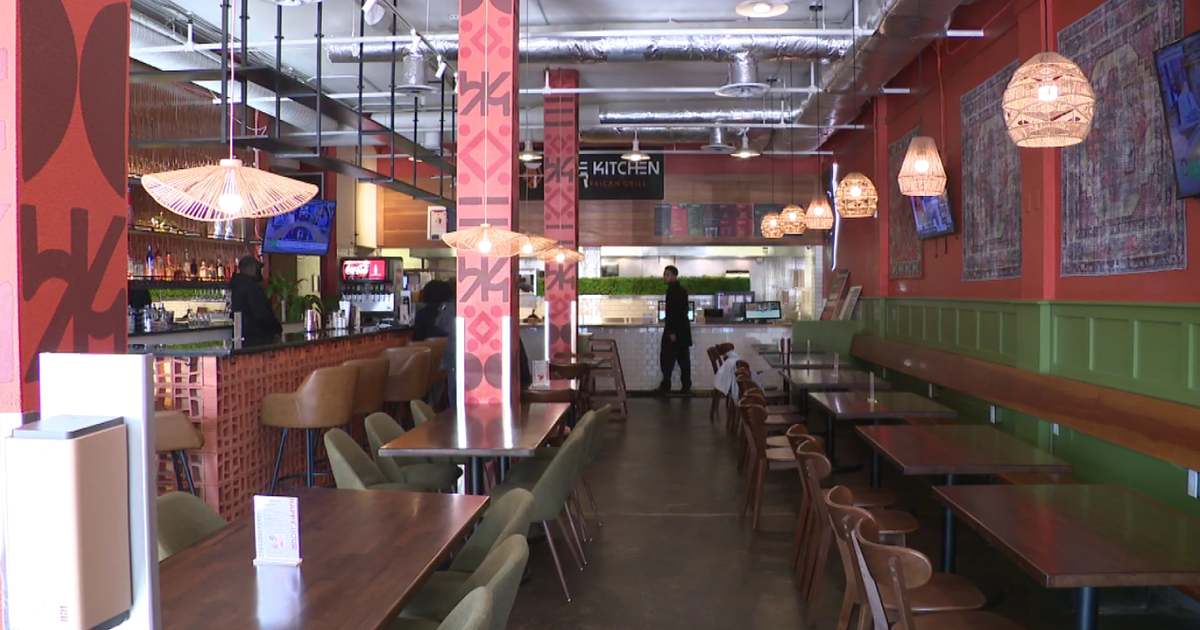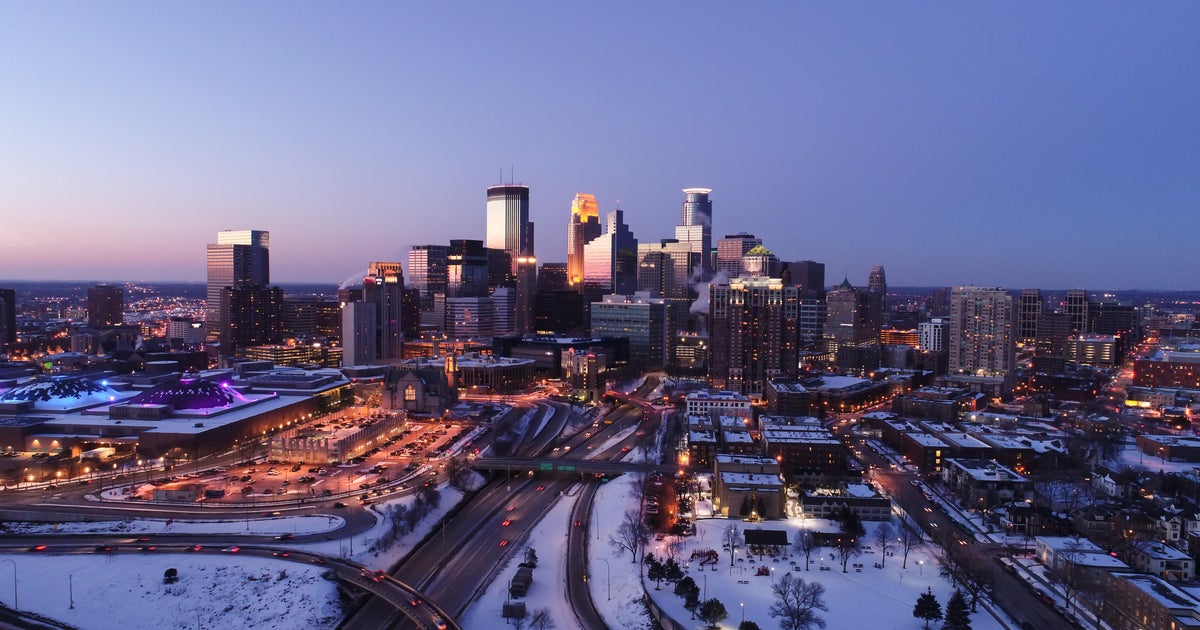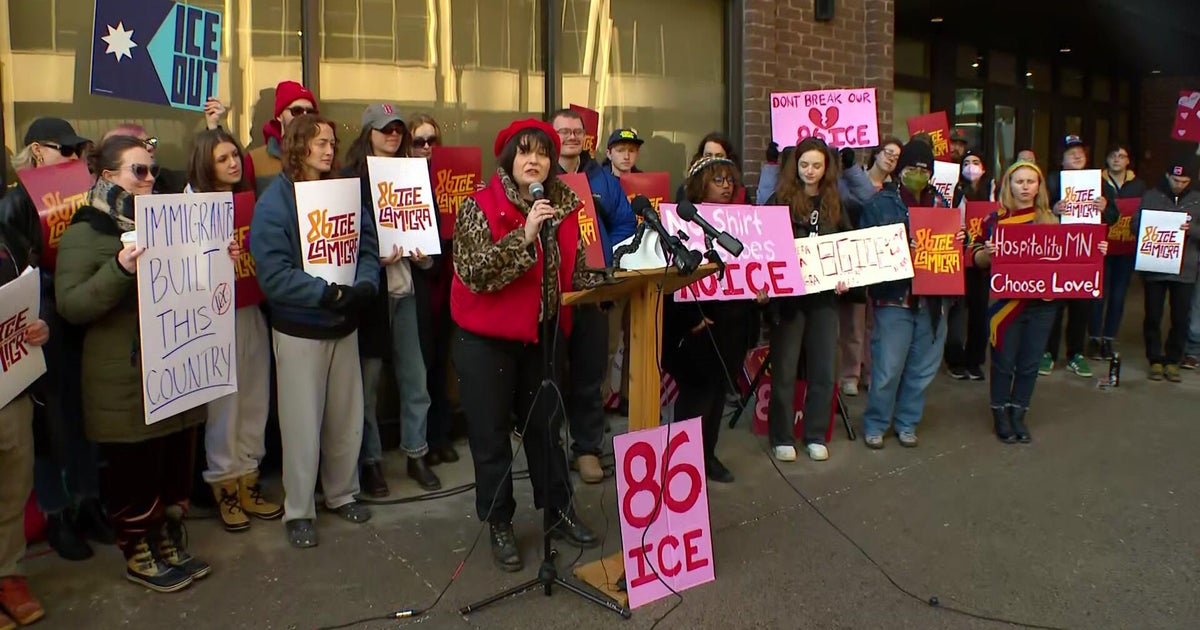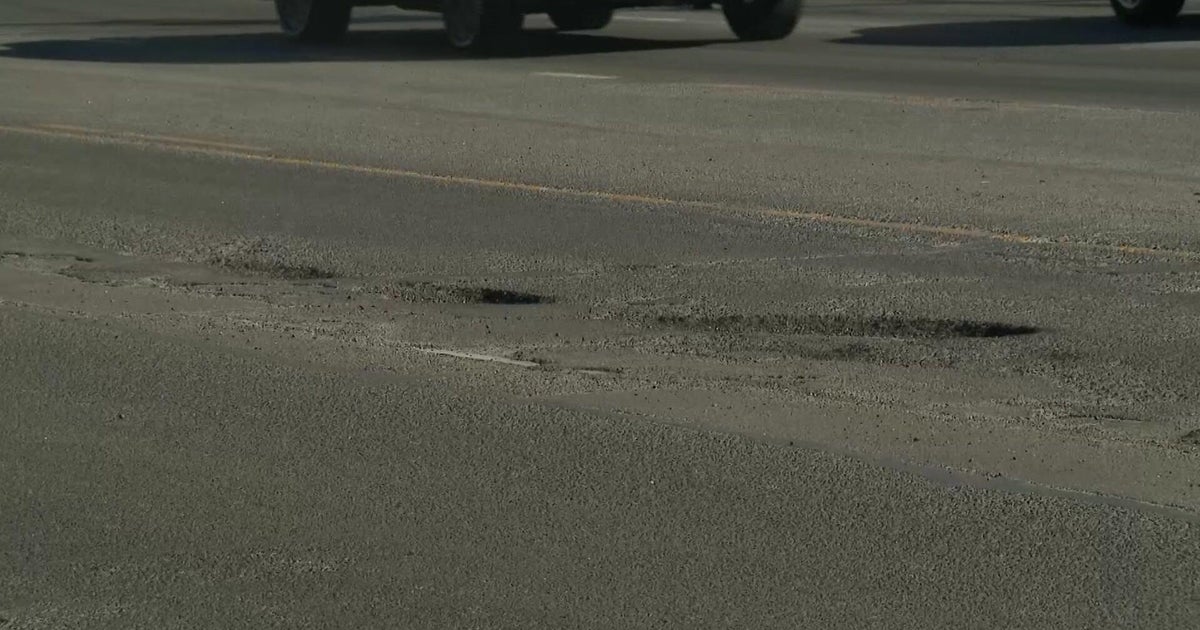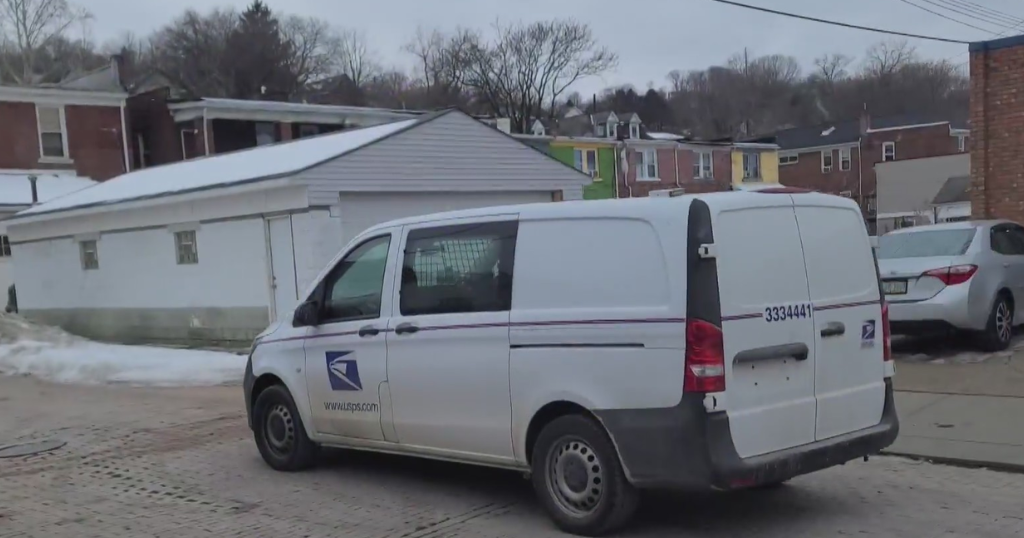Minimum Wage Debate Focuses On Entire Md. Economy
ANNAPOLIS, Md. (AP) -- As the debate shapes up over a possible minimum wage increase, the loudest voices on both sides are talking about Maryland's whole economy -- not only the plight of individual workers or business owners.
Gov. Martin O'Malley told a House committee Tuesday that a higher minimum wage would strengthen the middle class and cause widespread economic growth. His bill would raise it to $10.10.
"We've fallen into this myth that a stronger middle class is something we can only afford when the economy is doing well," he said.
Douglas Hall, a Washington economist, summarized studies that say higher minimum wages often ramp up general economic production.
"The real job creators are consumers," he said.
If a person making $7.25 an hour has a $2 wage increase, that person is likely to spend the extra money on something like food or clothes, he said. In the pocket of a rich person, those dollars would more likely go toward investments or savings accounts, so they'd have less immediate economic effect.
Later testimony focused on the hardships low-wage earners face. Several ministers argued for the bill as an act of moral and social solidarity. But by starting with economic arguments, the O'Malley administration seemed to anticipate testimony from the other side.
James Dorn, a senior fellow at the Cato Institute, a libertarian think tank, said advocates were failing to see that the bill would force employers to lay people off. Small businesses in particular can afford to pay only a limited number of workers. He predicted that those losses would offset the extra money some minimum-wage workers would be spending.
Stephen Fuller, a professor who teaches economic development at George Mason University, recently conducted his own study of how a higher minimum wage would affect Maryland. With a $9 minimum wage, he projected the state would lose 5,000 jobs and $684 billion in potential economic activity. Raising it to $10 would cost the state 6,000 jobs, he said.
He also predicted that workers from Pennsylvania, Virginia and West Virginia would commute to Maryland for wage jobs, then spend their earnings in their home states.
Hall agreed that economic studies have led to a range of conclusions. But he said the most thorough, peer-reviewed studies, including one from the University of California that he called the "gold standard" among economists, undermine predictions like those Fuller presented.
Prince George's and Montgomery counties have raised their minimum wages to $11.50. In most counties it remains at $7.25, the lowest rate permitted by federal law.
Also on Tuesday, Del. Neil Parrott, a Washington County Republican, argued for an alternative bill that makes it easier for counties to set their own minimum wages.
Parrott said counties don't have strong mechanisms for enforcing local minimum wages. His bill wouldn't change the current situation much, but it would allow the state to enforce each county's minimum wage.
According to the U.S. Census Bureau, Montgomery County has a median household income of $93,373, and in Prince George's it's $71,260. Meanwhile, Allegany County, the poorest, has a median household income of $37,747.
Parrott said it would be foolish to force the same minimum wage on each of these areas.
(Copyright 2013 by The Associated Press. All Rights Reserved.)

